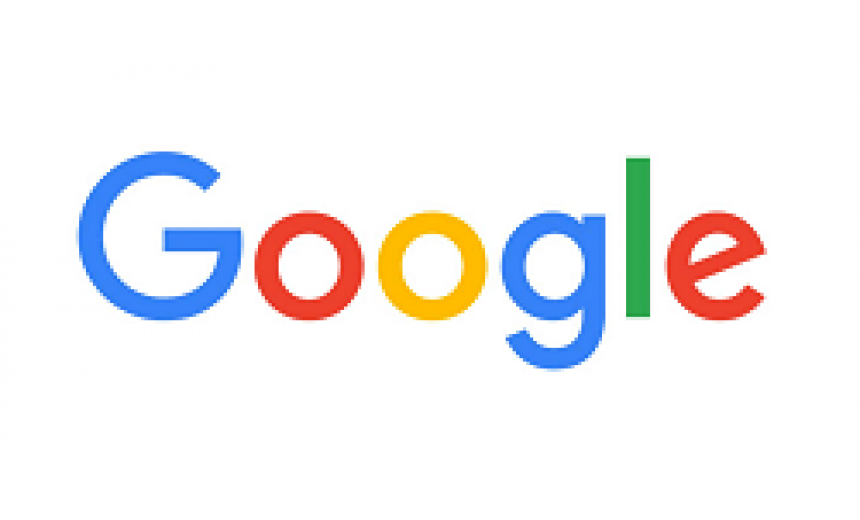Google excluding controversial sites

Google, the world’s most popular search engine, has quietly deleted more than 100 controversial sites from some search result listings. Absent from Google’s French and German listings are Web sites that are anti-Semitic, pro-Nazi or related to white supremacy, according to a new report from Harvard University’s Berkman Center. Also banned is Jesus-is-lord.com, a fundamentalist Christian site that is adamantly opposed to abortion.
Google confirmed on Wednesday that the sites had been removed from listings available at Google.fr and Google.de. The removed sites continue to appear in listings on the main Google.com site.
The Harvard report, prepared by law student Ben Edelman and assistant professor Jonathan Zittrain, and scheduled to be released Thursday, is the result of automated testing of Google’s massive 2.5 billion-page index and a comparison of the results returned by different foreign-language versions. The duo found 113 excluded sites, most with racial overtones.
“To avoid legal liability, we remove sites from Google.de search results pages that may conflict with German law,” said Google spokesman Nate Tyler. He indicated that each site that was delisted came after a specific complaint from a foreign government.
German law considers the publication of Holocaust denials and similar material as an incitement of racial and ethnic hatred, and therefore illegal. In the past, Germany has ordered Internet providers to block access to U.S. Web sites that post revisionist literature.
France has similar laws that allowed a students’ antiracism group to successfully sue Yahoo in a Paris court for allowing Third Reich memorabilia and Adolf Hitler’s “Mein Kampf” to be sold on the company’s auction sites. In November 2001, a U.S. judge ruled that the First Amendment’s guarantee of free speech protects Yahoo from liability.
Google’s battles
The Harvard report comes as Google is becoming increasingly embroiled in international political disputes over copyright and censorship. China blocked access to Google last month.
Google was criticized in March for bowing to a demand from the Church of Scientology to delete critical sites from its index. In a response that won praise, Google replied by pledging to report future legal threats to the ChillingEffects.org site run by law school clinics.
As Google has become the way more and more people find information on the Internet, it has also become an increasingly visible target for copyright complaints about cached information and allegedly infringing links. ChillingEffect.org’s Google section lists 16 requests or legal threats the company has received in the past three months. One Google competitor and critic even suggested that the wildly popular search engine be transformed into a government-controlled “public utility.”
Check out the complete article and Google’s response here.


